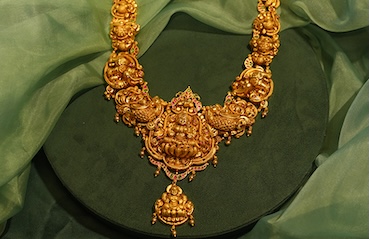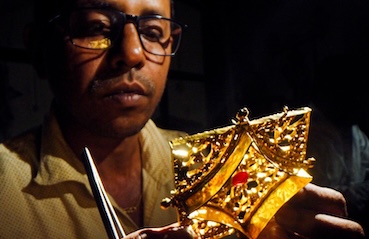Published: 28 Aug 2017
How did gold get its name?

Hernan Cortes, the Spaniard who overthrew the Aztec Empire and conquered Mexico for Spain in the 17th century, said “We Spaniards know a sickness of the heart that only gold can cure”. Leo Tolstoy has another perspective: truth, like gold, he said, “is to be obtained not by its growth, but by washing away from it all that is not gold”. Or take Antoine de Rivarol, a writer during the French Revolution, who said “Gold, which like the sun, melts wax but hardens clay, expands great souls”. Gold is not just a precious metal, but a metaphor for life.
Which brings us to an important question: where did the name for this more-than-precious metal come from? Almost every culture has had some experience with gold and there have been many names for this precious metal. The term "gold" as we know and use today, is actually derived from Old English and Germanic origins.
The German Gothic language expressed gold with the word gulþa which later evolved into geolu in the Old English language. Geolu is translated to mean "yellow", thus naming the metal for its most dominant characteristic; its golden yellow colour. In the twelfth century, Middle English brought another evolution to the word and our modern word, gold, came into existence.
The chemical symbol for Gold on the periodic table of elements is ‘Au’. This symbol comes from the Latin word, aurum, which means "glowing dawn"; it was used to describe gold in Ancient Rome. The Ancient Romans were not the first civilization to encounter gold but they did invent improvements on the way gold was mined and extracted, thus increasing the availability of gold throughout their empire. Many of these improved methods invented by the Ancient Romans have stood the test of time and are still in use by gold miners today.
Among all its many names, however, nothing is as good as gold.











